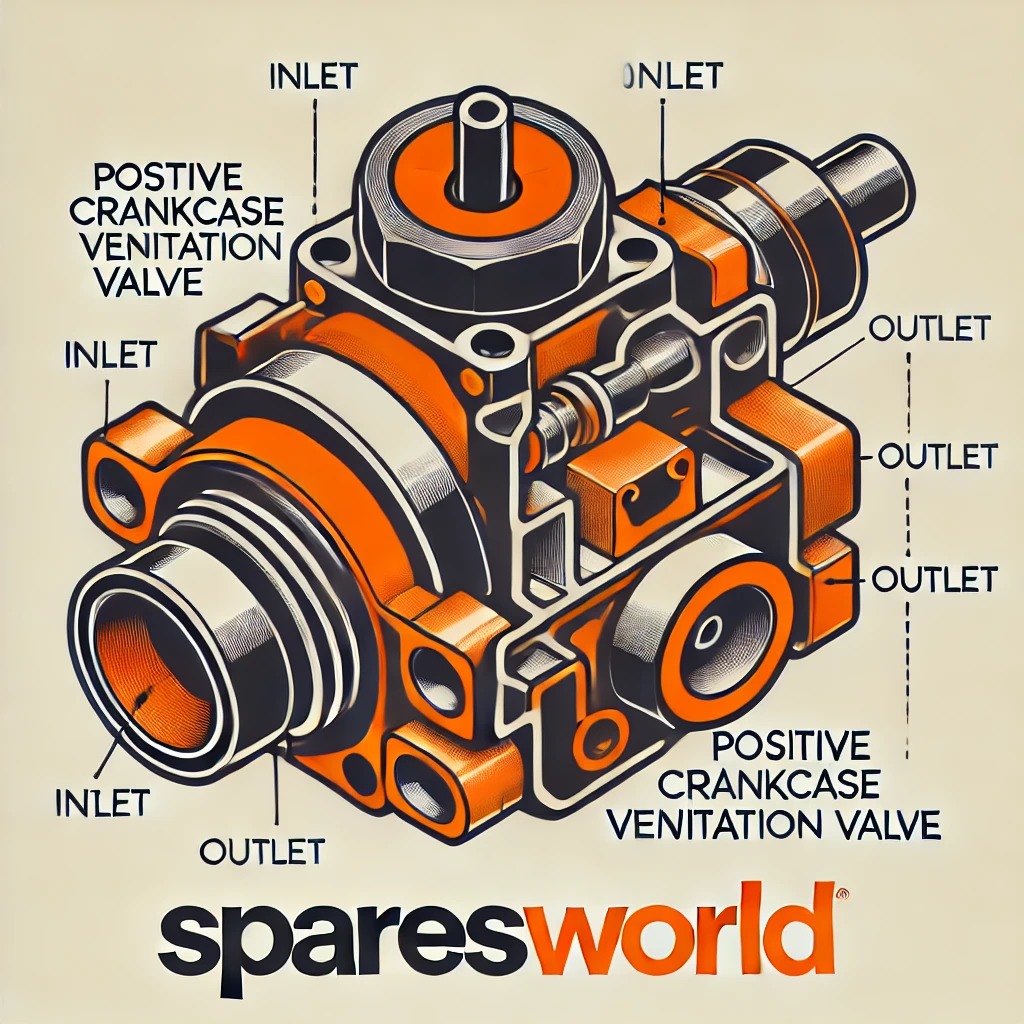Understanding the PCV Valve: The Hidden Engine Component

A Positive Crankcase Ventilation (PCV) valve is a small but critical component of your car's engine system. Its role is often overlooked, but it plays a crucial function in maintaining engine efficiency and reducing harmful emissions.
What is the PCV Valve?
The PCV valve is part of the engine's emission control system. It helps vent gases from the crankcase (where the engine oil sits) back into the combustion chamber, allowing them to be burned off instead of being released into the atmosphere. Without this process, the crankcase would accumulate pressure, which could lead to leaks or even engine damage.
Why is the PCV Valve Important?
Regulates Pressure: The engine's crankcase generates gases as part of the combustion process. The PCV valve relieves excess pressure to prevent oil leaks and maintain smooth engine operation.
Reduces Harmful Emissions: By redirecting harmful gases back into the combustion chamber, the PCV valve helps in reducing the car's overall emissions, contributing to a cleaner environment.
Improves Engine Efficiency: A properly functioning PCV valve prevents oil contamination and ensures that the engine operates efficiently.
Common Problems
Over time, the PCV valve can get clogged or stuck due to oil and debris buildup. When this happens, it can lead to:
Poor engine performance
Increased oil consumption
Rough idling or stalling
Higher emissions
Maintenance and Replacement
To keep your car running smoothly, it's essential to check and replace the PCV valve regularly. A general rule is to inspect it during routine oil changes, or if you notice symptoms like rough idling or reduced fuel efficiency. Replacing a faulty valve is inexpensive and can prevent costly engine repairs in the future.
By paying attention to these small yet important components, such as the PCV valve, you can prolong the life of your car and ensure it runs efficiently. For more information on automotive parts and maintenance tips, visit SparesWorld.co.ke

 Loading..
Loading..